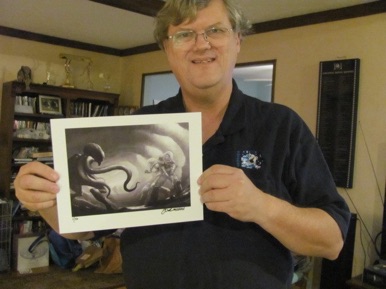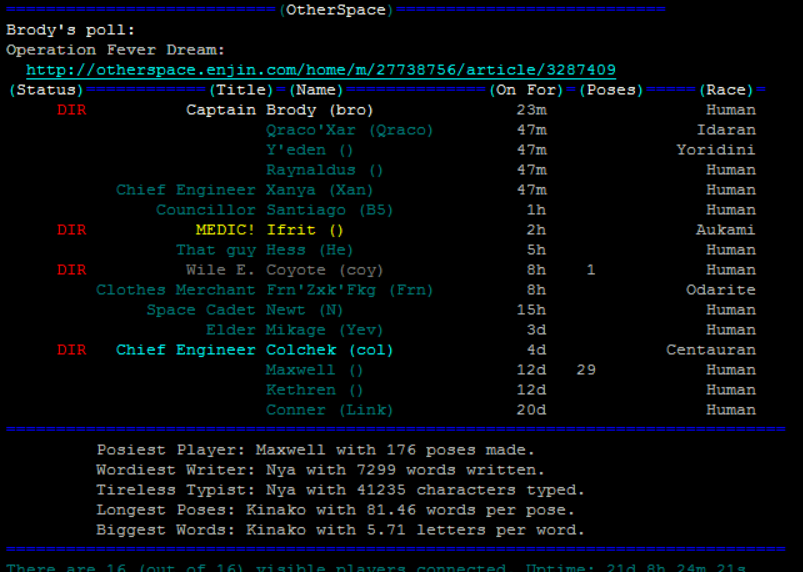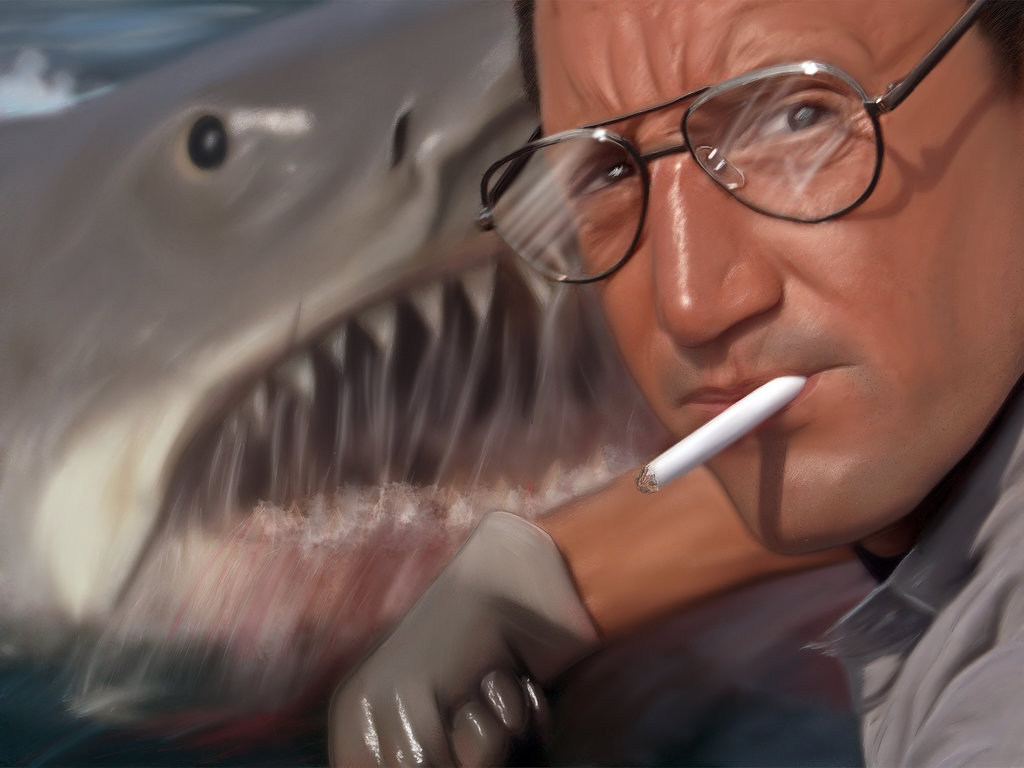Dave Creek, a former web producer, is a Kentucky native who lives in Louisville. He’s the author of numerous stories and novels set in the same shared sci-fi universe since 1994. Creek recently took the time to answer some questions:

Wes Platt: How did you get started as a writer?
WP: What was your career? And were you able to transition easily to full-time writing or was it something that had to be more of a freelance hobby?
WP: All your stories take place in a shared “future history”, correct? What made you decide to approach your work that way? And how do you keep it fresh and exciting for yourself as a storyteller?
WP: Who do you count among your influences as a writer? What other authors captured your attention when you were younger and why?
WP: What’s your process as a writer? Example: Lots of outlines and pre-planning or more freeform, seat-of-the-pants storytelling?
WP: What do you do for fun when you’re not writing?
WP: What advice do you have for young writers – or older writers who just haven’t been published yet?
DC: Study the markets if you’re submitting short stories to magazines, whether print or online. See what markets might be best for your story and submit it to the market that pays the most. That will generally also be the one that gives you the most exposure. If you’re rejected at that first one, work your way back down. Don’t fall for editors/publishers who tell you how great the exposure will be in their publication, rather than money. If they don’t have a big enough audience to pay you, they won’t be giving you that much exposure.
WP: Name some modern authors whose work you enjoy and share why they appeal to you.


